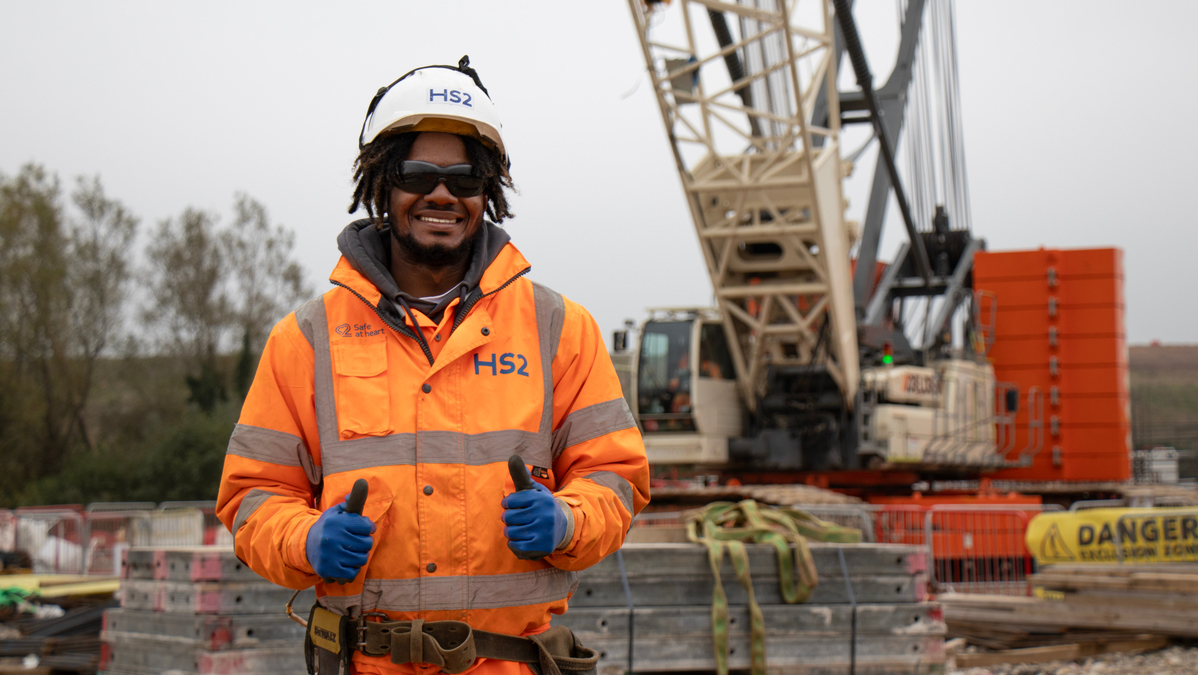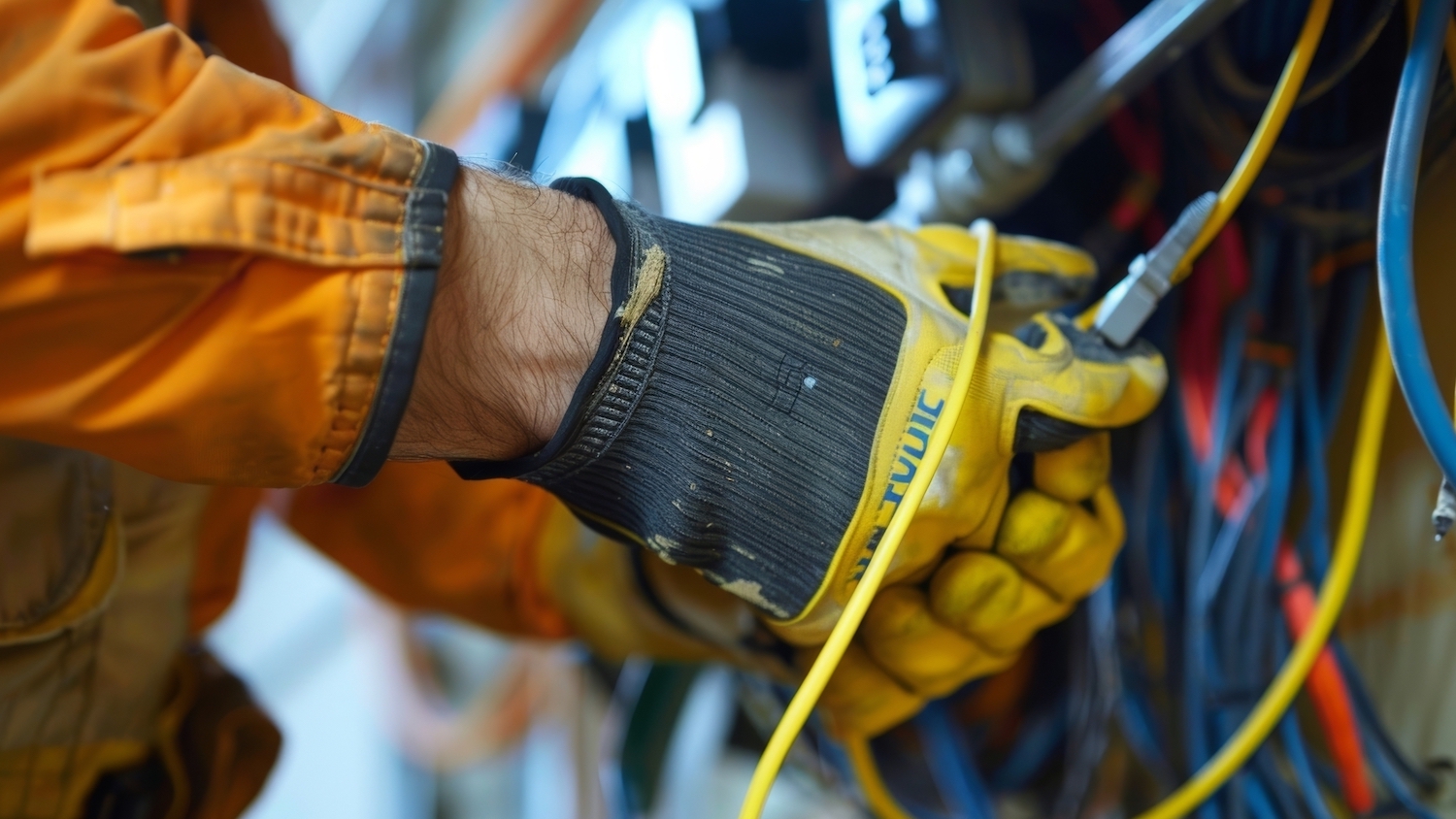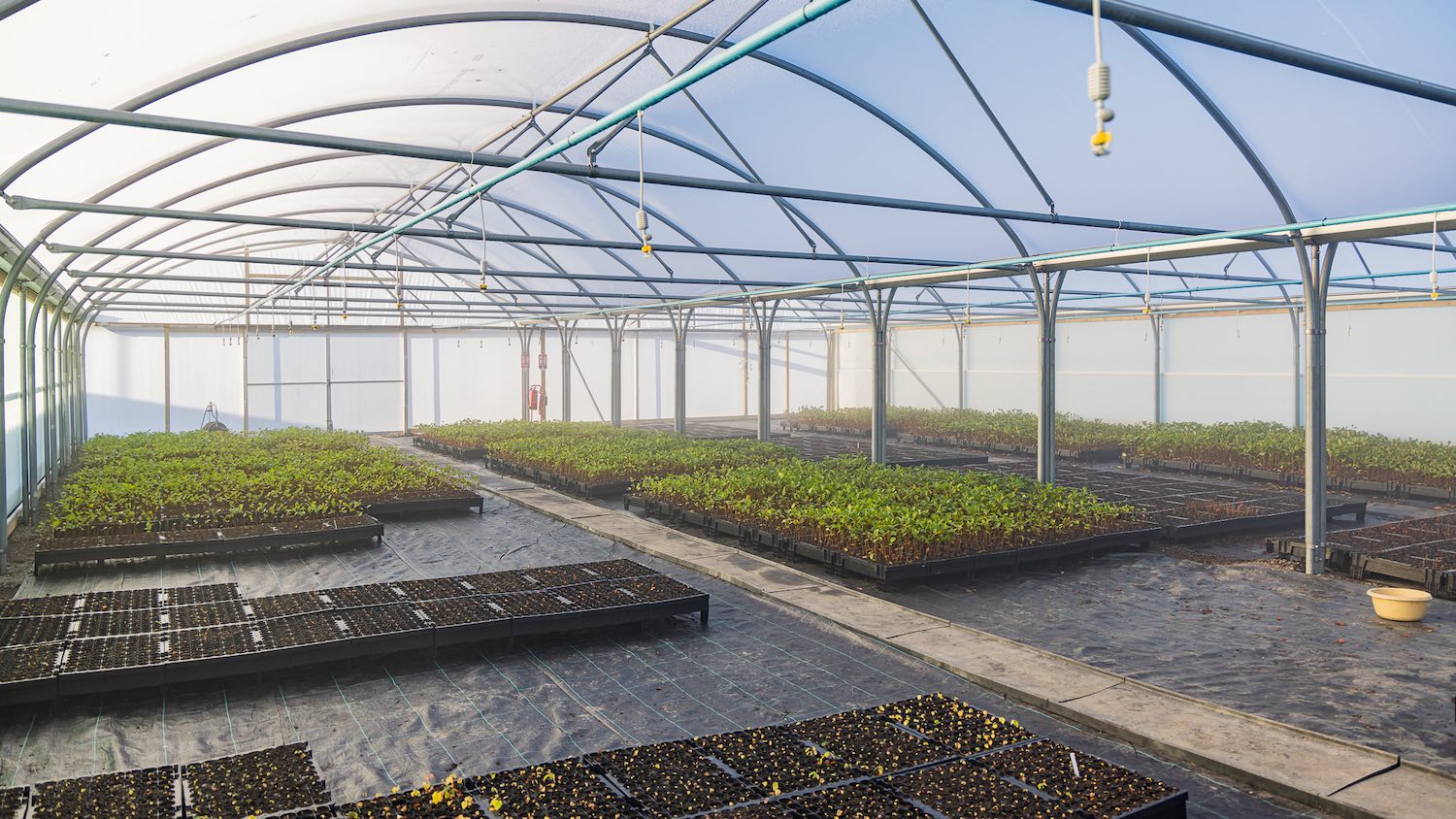
Modern slavery toolkit launched for the built environment
Key recommendations and resources aim to help improve firms’ modern slavery due diligence
A new report has been published to support companies committed to combatting modern slavery across the built environment sector.
The report, Operational Toolkit: Combatting Slavery in the Built Environment, has been developed by Action Sustainability for the Supply Chain Sustainability School.
The built environment is at a high risk of modern slavery and labour exploitation due to ongoing challenges such as labour and skills shortages, resulting in widespread use of temporary migrant labour, agency labour and sub-contracts.
The toolkit brings together site-specific, actionable insights and recommendations from across the built environment to help address slavery and labour exploitation.
Key highlights include:
- Examination of six key risks in the built environment sector
- Recommended actions for organisations to take to prevent, identify, manage and mitigate risks of exploitation
- Signposts to resources from expert organisations
Due diligence
The toolkit has been developed to support businesses of all sizes and aims to empower everyone involved in site set-up and management to effectively combat slavery and labour exploitation.
Emma-Jane Allen, senior consultant at Action Sustainability and author of the toolkit, said: “It’s essential to embed modern slavery due diligence into ‘business as usual’ site set-up and management.
“Due diligence is about taking proactive steps to prevent, identify, manage and mitigate the risks of modern slavery and labour exploitation. This operational toolkit empowers those on the front lines of site management to do just this.”
Industry collaboration
The toolkit includes contributions from the Supply Chain Sustainability School’s Built Environment Against Slavery Group. The document has also been developed with support from procurement body YORhub.
Jo Potts, sustainability director at Balfour Beatty and co-chair for the Built Environment Against Slavery Group, said: "Operating responsibly and with integrity whilst upholding the highest ethical standards is critical to success – it must be at the heart of how the construction and infrastructure industry conducts business.
“It is therefore integral that we empower our people to tackle modern slavery. By equipping our teams with the necessary tools and knowledge, we can significantly reduce the risks of exploitation within our projects and across our supply chain.”
To access the toolkit, visit the Supply Chain Sustainability School’s website.







